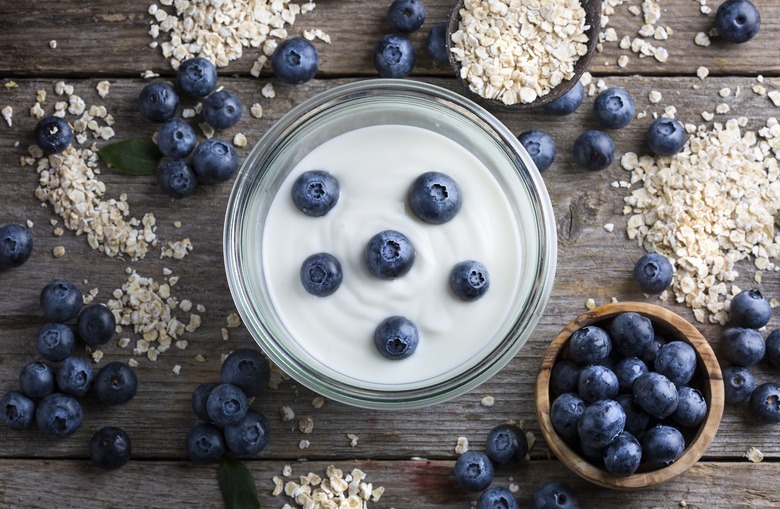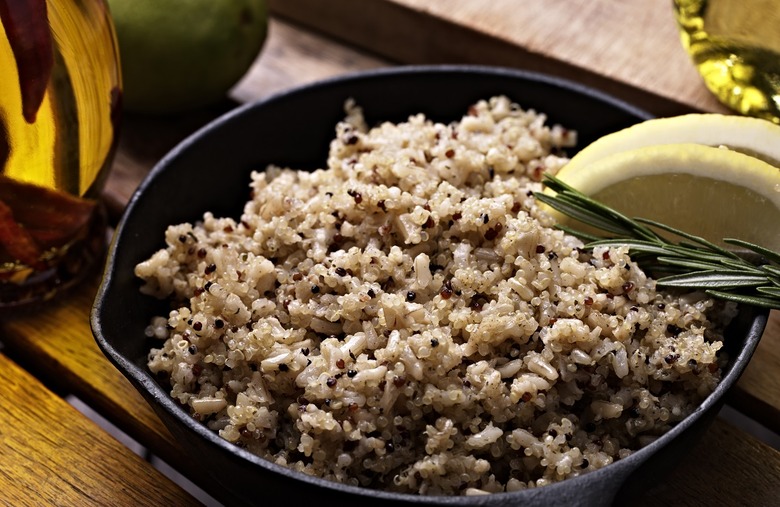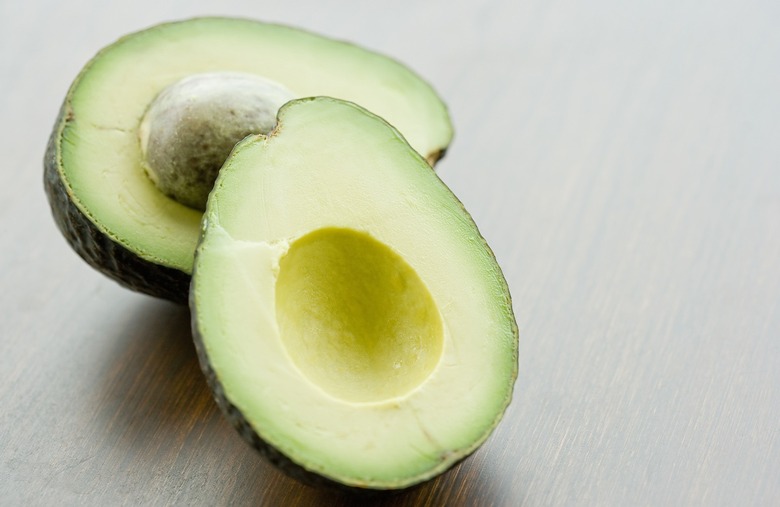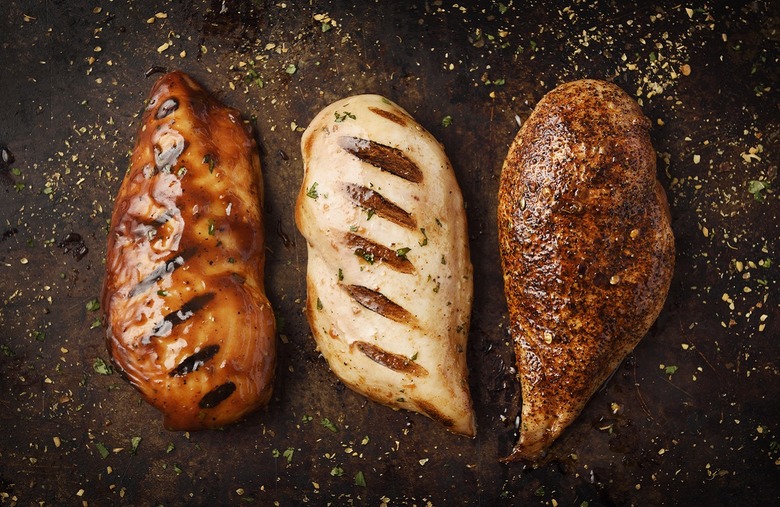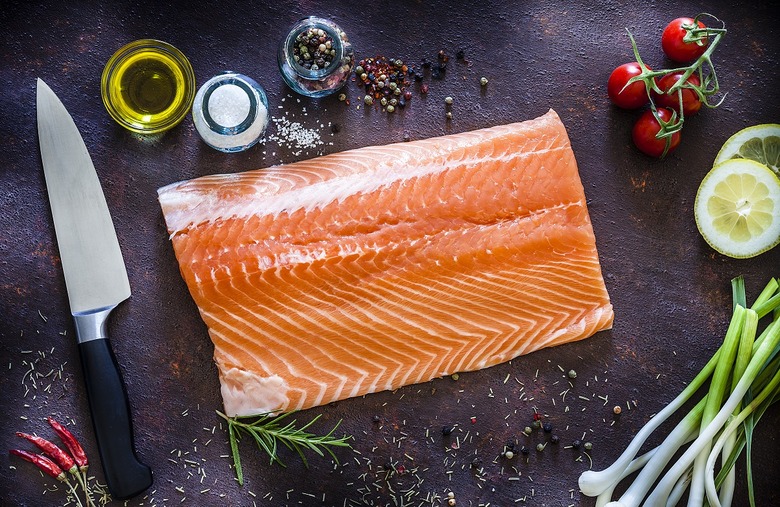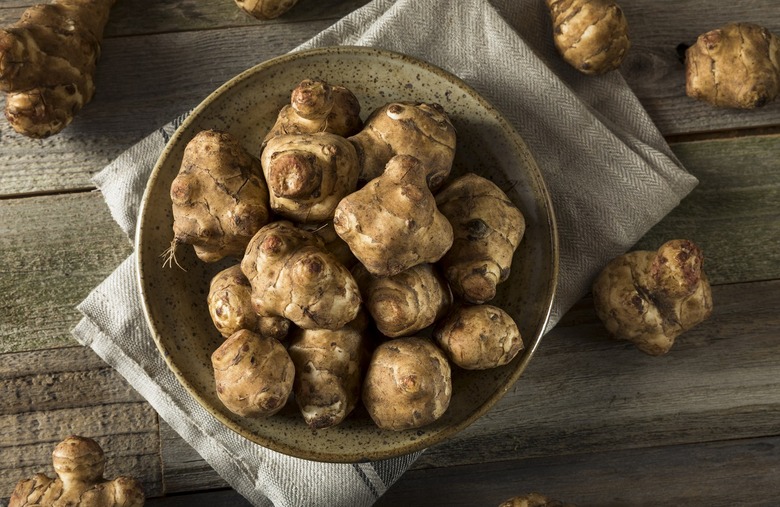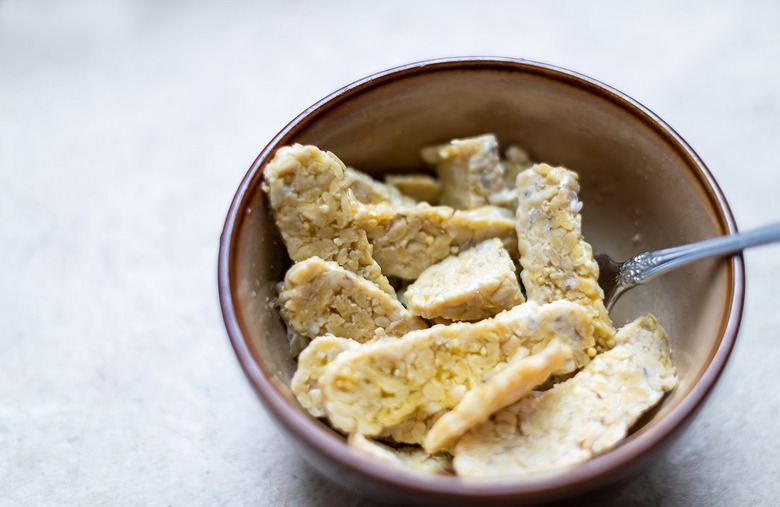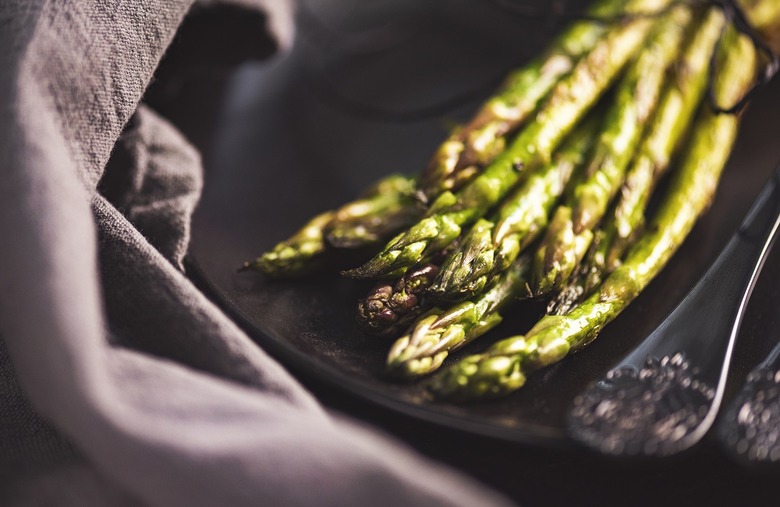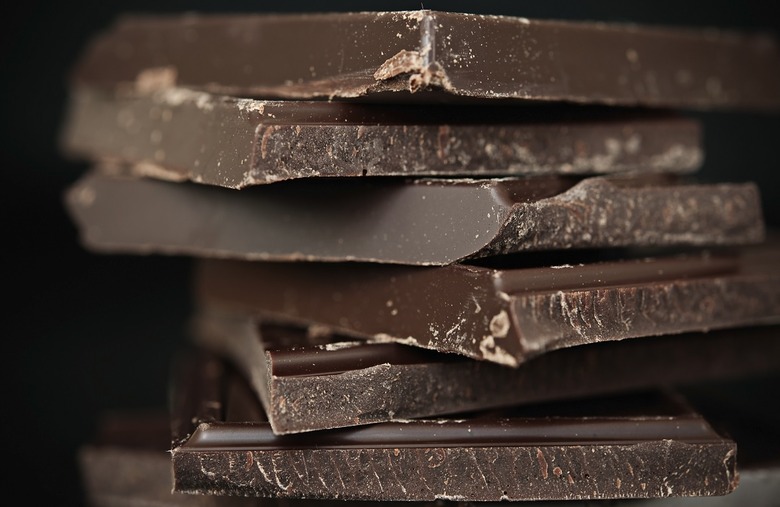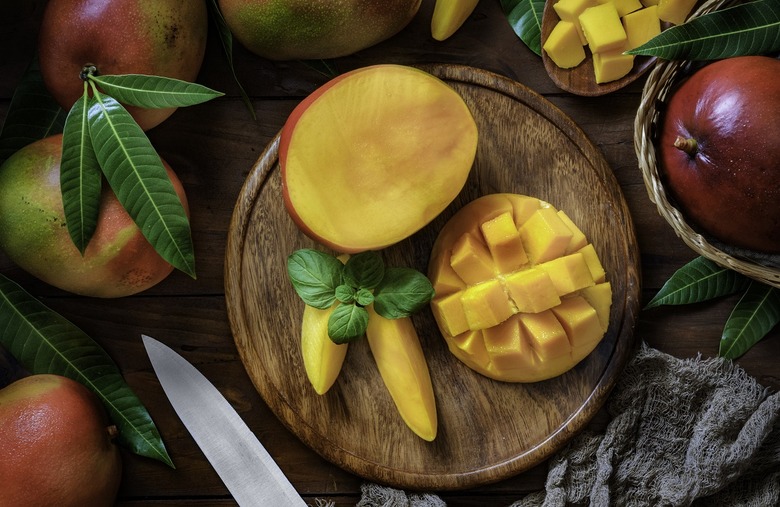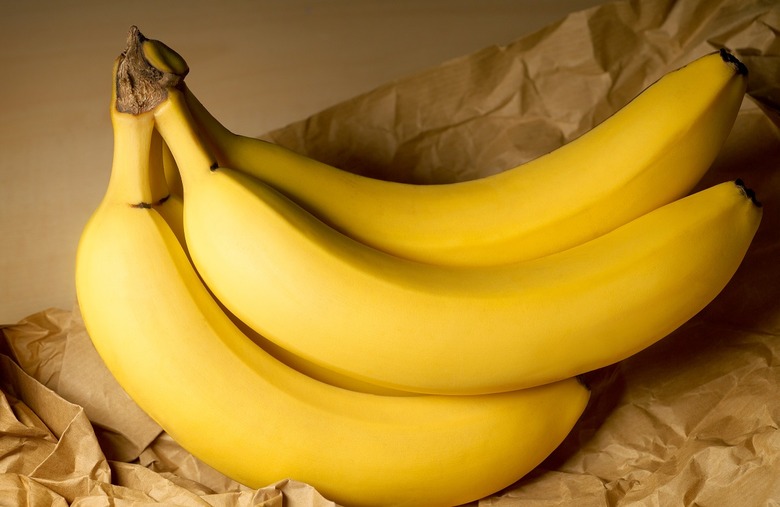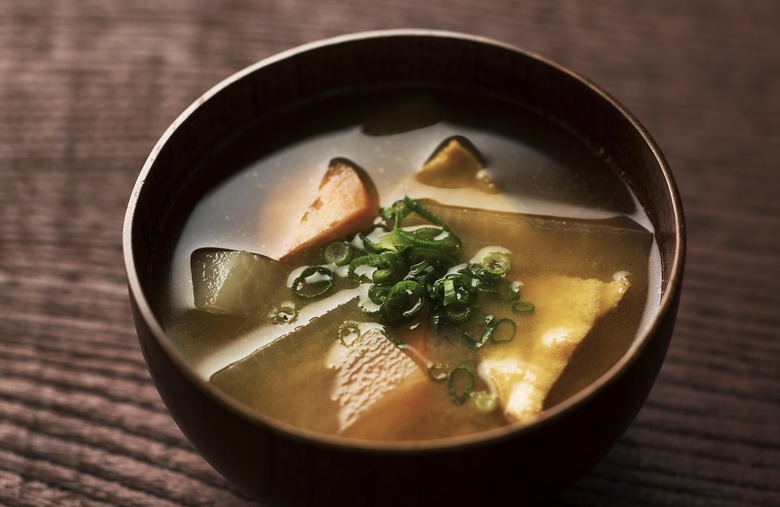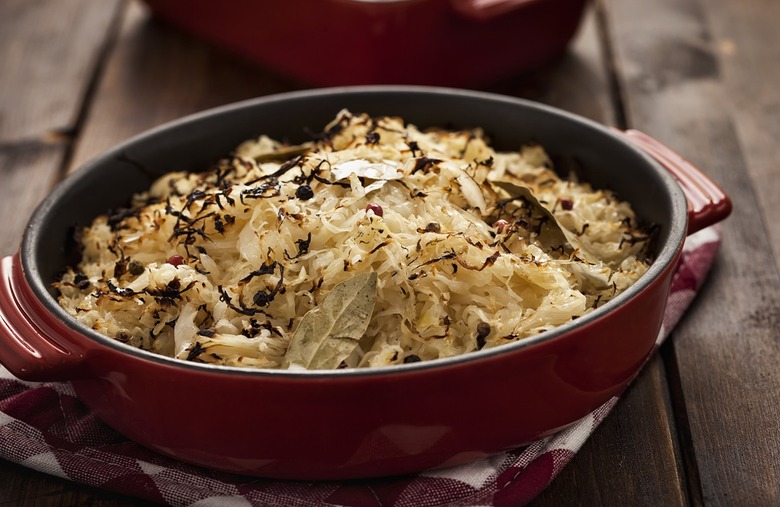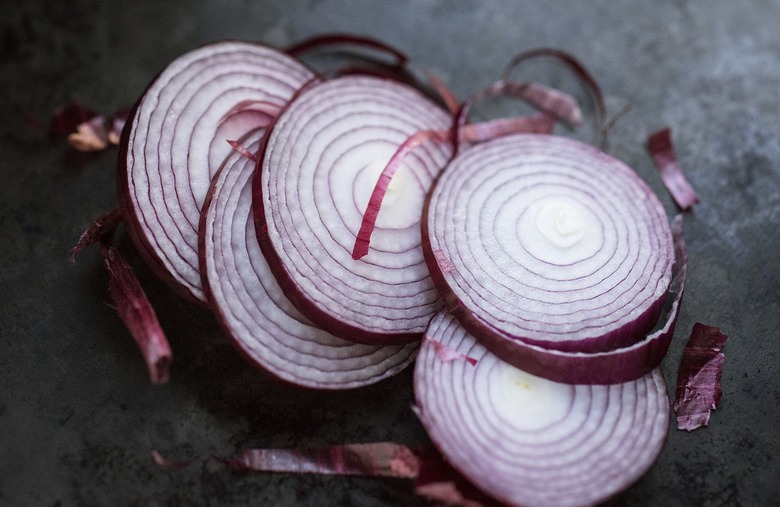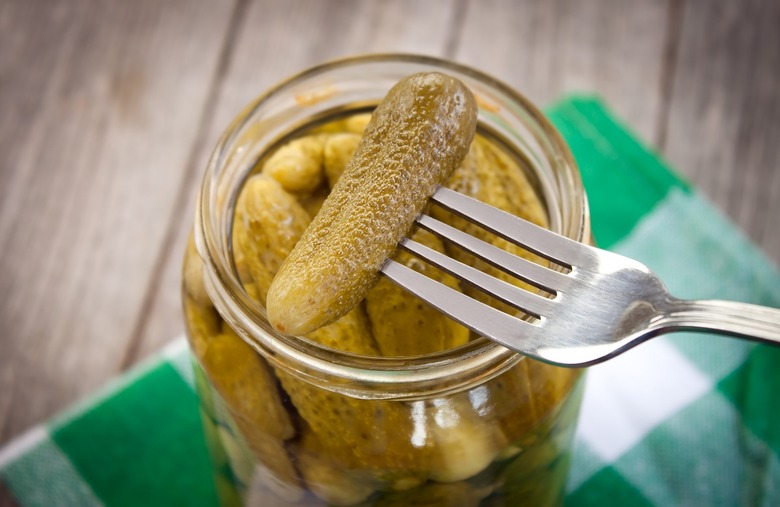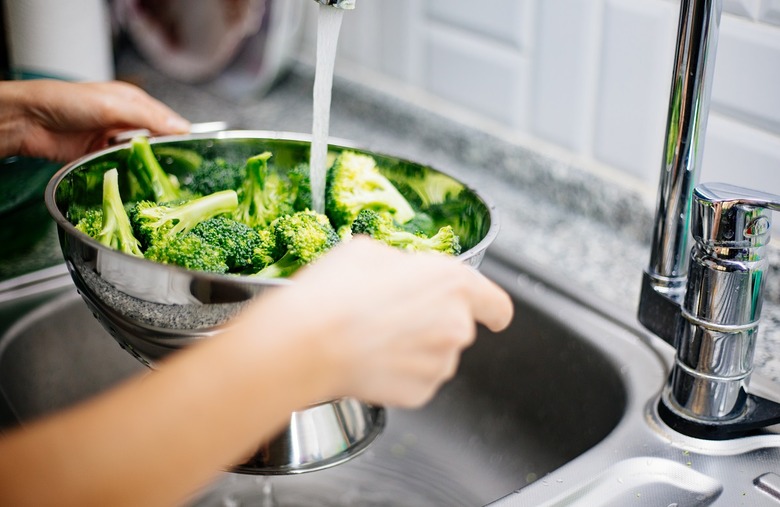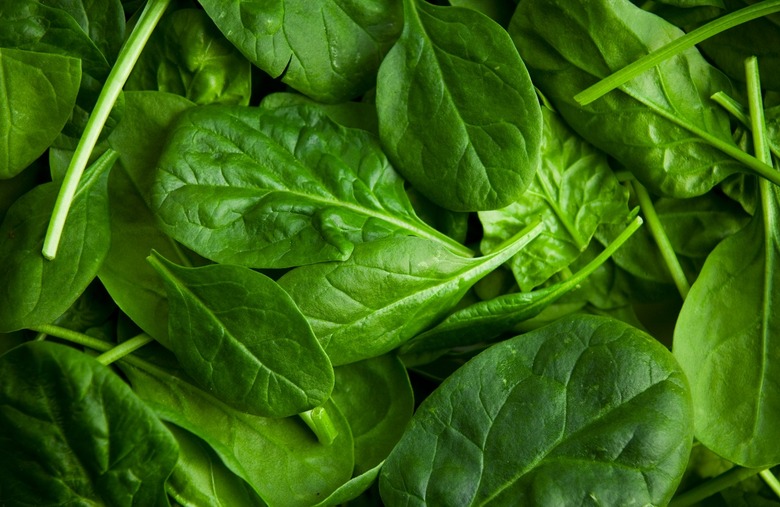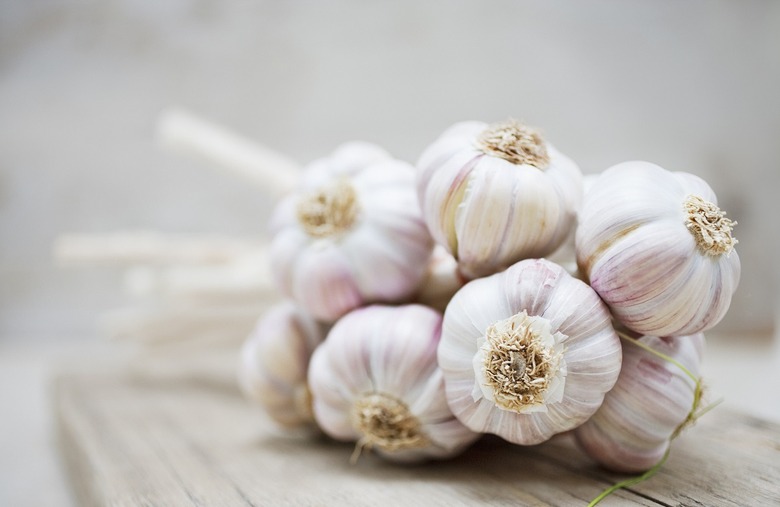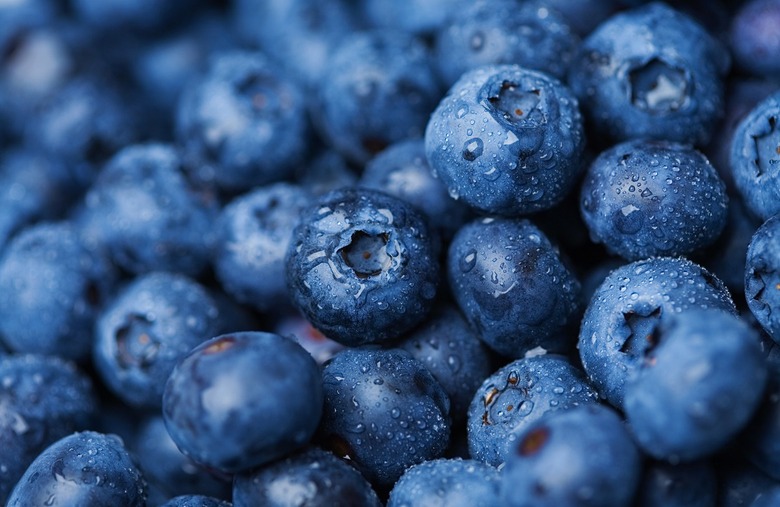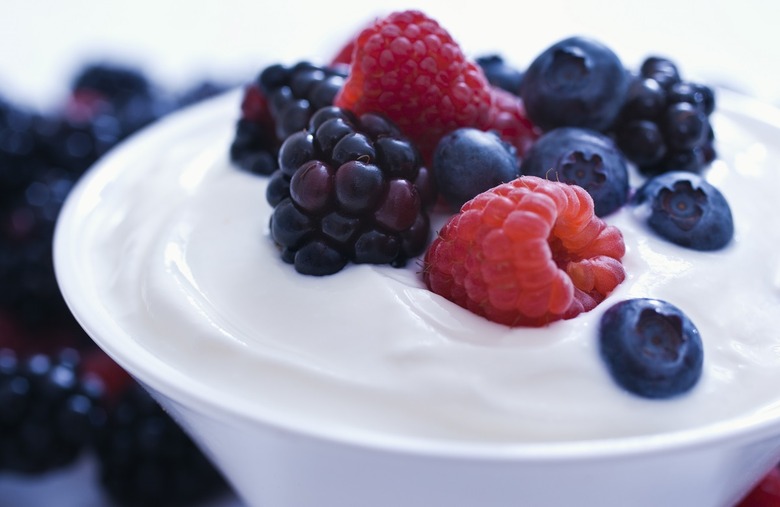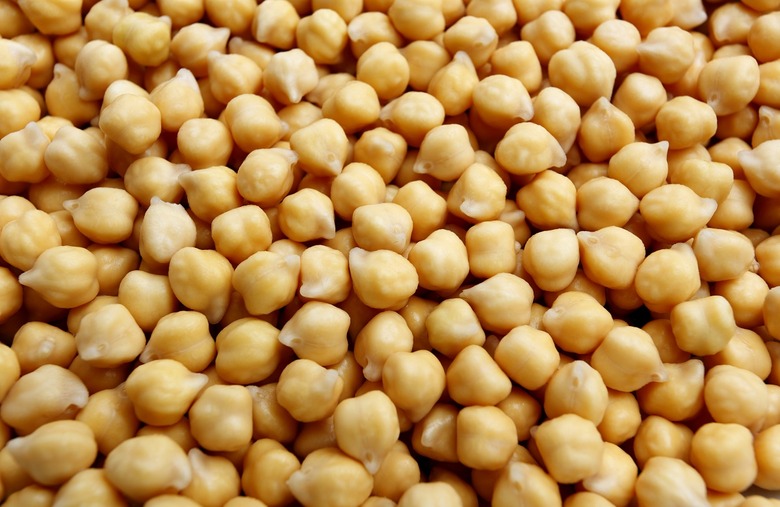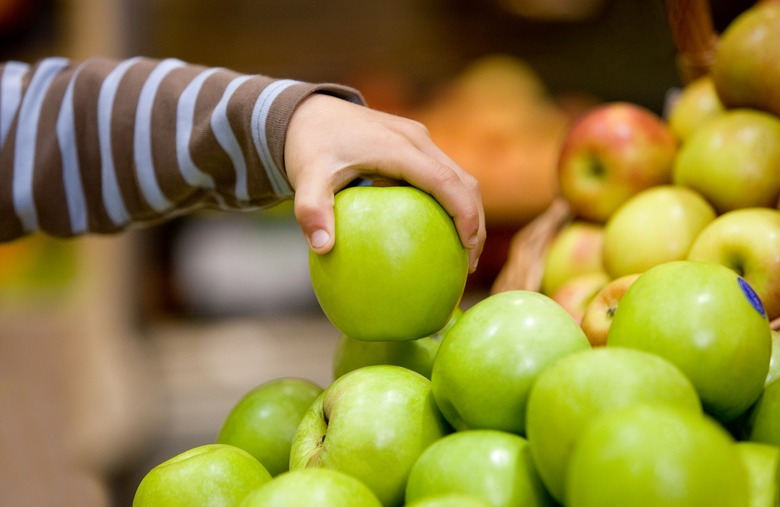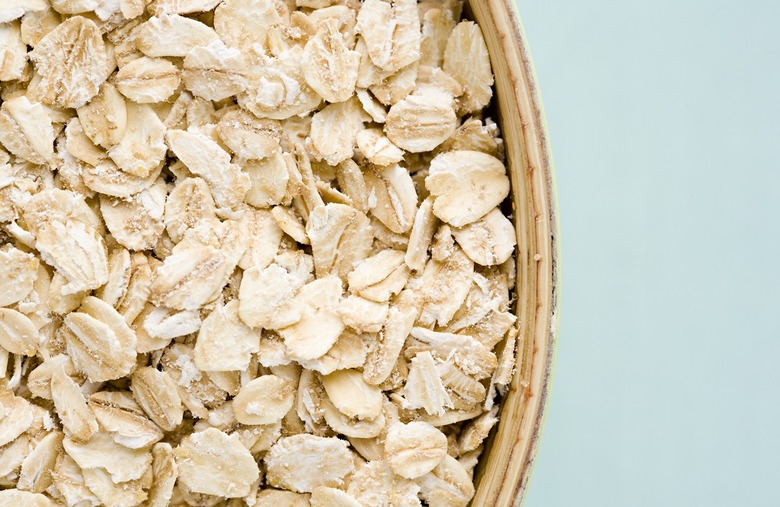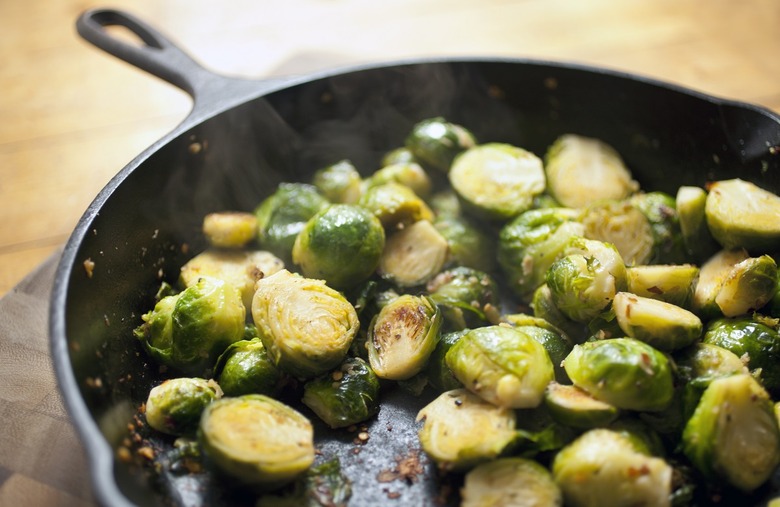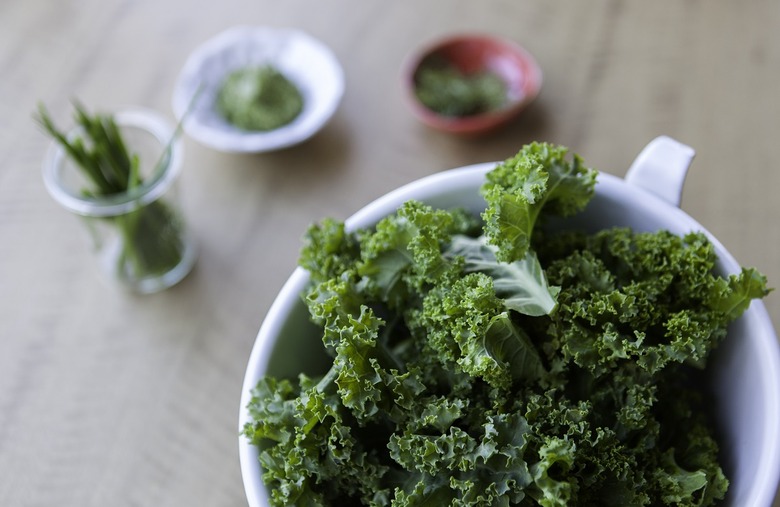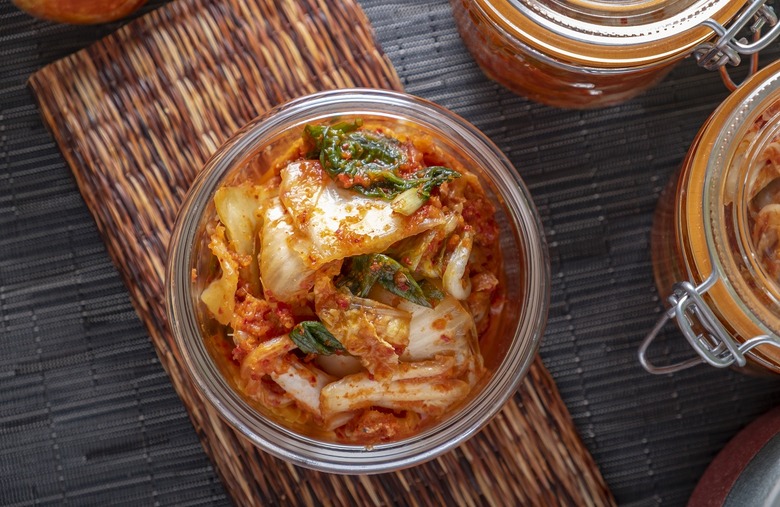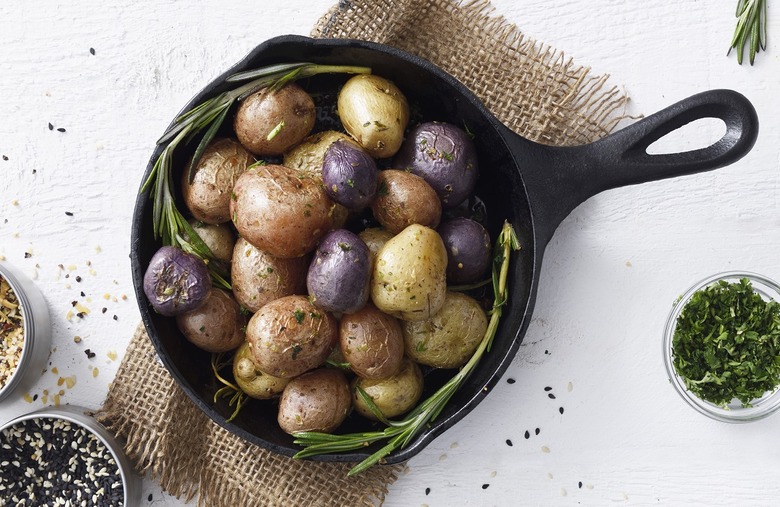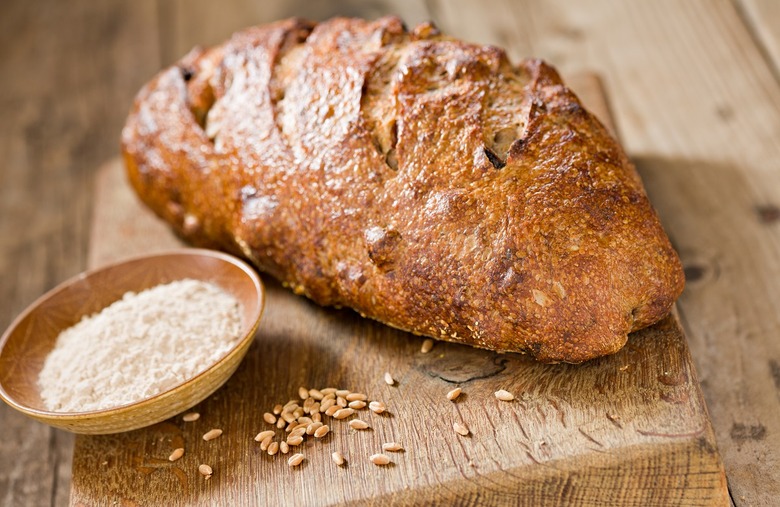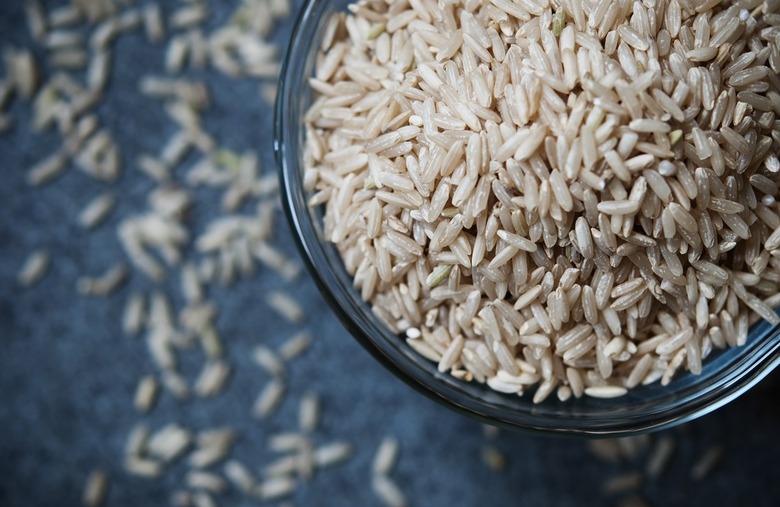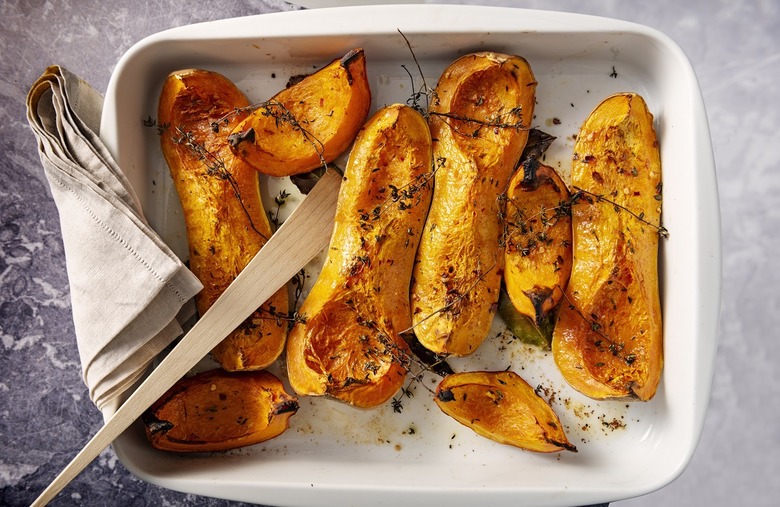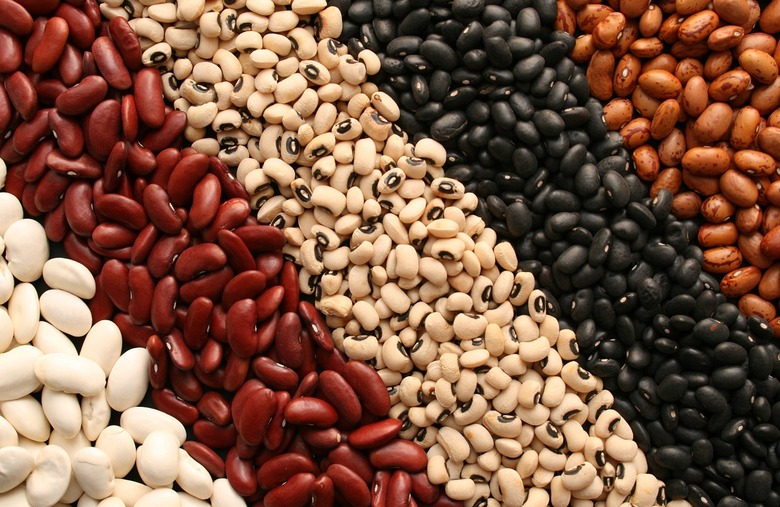Gut Health Foods To Add To Your Diet — And Why You Should Care
To successfully understand what foods you should eat to improve your gut health, it's important to first understand what exactly gut health is. Gut health is the function and harmony of bacteria in the digestive tract. The successful breakdown of food so that it can deliver nutrients throughout the body is only possible with a healthy gut, and an unhealthy one may cause constipation and heartburn. Now that you know how important a healthy digestive tract is, these are the best foods for your gut.
Quinoa
Not only is quinoa a great source of potassium and antioxidants, the whole grain is rich in fiber. When bacteria in the gut ferments fiber, it produces molecules that stimulate proper colon function. Incorporating quinoa into your diet is a great way to improve gut function — get a head start with these incredible recipes that use whole grains.
Avocado
Avocados aren't just great on burgers and in summer salsas, they're also excellent for gut health. The superfood is nutrient dense and loaded with fiber, two important factors for promoting a healthy gut.
Chicken
While you may just eat chicken for an easy weeknight meal, it's actually a good food to add to your diet. And although you may crave a perfectly grilled steak from time to time, high-fat foods like red meat can promote bacteria in the colon that increases the risk of clogging your arteries. To improve gut health, you may want to stick to lean proteins that are helpful for people with disruptive bowels.
Fish
Like chicken, fish is another lean protein that you can incorporate into your diet if you're hoping to improve your gut health. And fish doesn't only help with a healthy digestive tract, proteins like trout, swordfish and salmon arae also among the foods that can improve your Vitamin D levels.
Jerusalem Artichokes
Also known as sunchokes, Jerusalem artichokes aren't the most common vegetable, but they are worth seeking out. The tubers are rich in prebiotic fibers and have shown in studies that they promote the growth of certain bacteria that are good for your gut.
Tempeh
One of the most crucial parts of having a healthy gut is incorporating pro and prebiotics into your diet. Probiotics are healthy bacteria that you can eat to help the digestive tract remain balanced. Next time you make iconic international recipes, consider using tempeh — it's loaded with probiotics.
Asparagus
Similar to probiotics, prebiotics are also important for gut health. Prebiotics stimulate the growth of healthy bacteria in the gut. Asparagus is a great source of prebiotics, buy it from the grocery store, or try to grow the veggie at home.
Dark chocolate
Believe it or not, eating dark chocolate is actually great for your gut bacteria because it mimics the effects of both probiotics and prebiotics. But that's not all dark chocolate can do, it's also one of the best foods for healthy glowing skin.
Mangoes
Mangoes are not only a delicious and nutrient-rich snack, they're also great for your gut bacteria. A recent study reported that women who ate mangoes had better indicators of healthy gut bacteria. Cut a mango to eat it on its own or blend chunks of the fruit into a refreshing smoothie.
Bananas
Bananas are great for a healthy digestive tract thanks to their ability to fight inflammation and maintain bacteria in the gut. The fruit also helps regulate blood pressure, a sign that bananas are one of the best heart healthy foods.
Miso
Miso is commonly used in soup and while ingesting too much of it might not be a good idea because it's relatively high in sodium, in moderate amounts it's good for you. Miso has probiotics which help to improve your gut health.
Sauerkraut
Sauerkraut is more than just a topping for great sandwiches, it's surprisingly rich in nutrients and minerals. A major benefit of sauerkraut is that it has probiotics due to the fact that it is a fermented food. Not only do these probiotics help improve your gut health in general, but they also help your digestive system to absorb more key nutrients from your food.
Onions
Onions may be worth the tears that come with chopping them — the vegetable is packed with prebiotics. Saute them, eat them raw on a burger or use them to flavor steaks and other meats.
Pickles
Pickles are a great way to add some probiotics to your diet as another fermented food. But not all fermented things have probiotics, for example beer and wine do not.
Broccoli
Some may be surprised to learn that broccoli is America's favorite vegetable. Broccoli has compounds found in vegetables that protect against cancer and fight inflammation, which supports the digestive tract and overall gut health.
Spinach
Not only is spinach great in salads, the vegetable is also an incredible source of fiber. Spinach and other leafy greens contain important nutrients like vitamin A and vitamin C, making it one of the best immune-boosting foods.
Garlic
Garlic is more than just an ingredient to season chicken, steak and other proteins with. It has lots of health benefits, including the beneficial effect of prebiotics. The more prebiotics you eat, the more you allow your naturally occurring healthy gut bacteria to thrive.
Blueberries
Not only are blueberries a delicious and light snack, they're also good for gut health. Because of the fruit's ability to promote the immune system and kill harmful bacteria, blueberries make the cut of foods you should try to eat every day.
Yogurt
Since yogurt is a fermented food, it contains lots of probiotics that can help increase the amount of good bacteria in your gut. Greek yogurt is relatively high in protein if you're looking for a double whammy when it comes to the delicious breakfast food.
Chickpeas
High-fiber foods have healthy bacteria that help reduce inflammation and can even help regulate your mood. One food particularly high in fiber is chickpeas, which contain a special type of fiber that can reduce inflammation in the colon and possibly prevent colorectal cancer.
Apples
While getting enough sleep can lower your cholesterol, so too can apples. The fruit contains a type of fiber that can help prevent constipation, lower bad cholesterol and improve gut health.
Oats
Not only are oats high in fiber, the specific types of fiber that they have is known to slow digestion and suppress appetite. Serve the breakfast food alongside a big glass of water, afterall not staying hydrated in one of those diet mistakes you're making before noon.
Brussels sprouts
Another food that's high in fiber is Brussels sprouts. The veggie also has compounds that can prevent new blood vessels from growing in tumor cells and has been linked to anti-cancer research. But, don't over do it, Brussels sprouts can have a negative impact on your thyroid.
Kale
While eating kale may not be as exciting as having a good fast food meal, the vegetable is great for gut health. Like spinach, kale is high in fiber and contains important nutrients for your digestive tract.
Kimchi
Like sauerkraut, miso and tempeh, kimchi is also a fermented food that's a great source of probiotics. It can be made with a variety of vegetables and sometimes includes fish or meat.
Potatoes
While most may associate potatoes with comfort food, they're much more than that. Potatoes contain a starch that is resistant to the enzymatic breakdown that occurs in the small intestine. The spud is fermented in the large intestine, which lowers the pH of the gut and promotes the growth of good bacteria.
Sourdough bread
Wait a minute, carbs can be good for gut health? Sourdough bread is baked with fermented flour, and as you've caught on, fermented foods are great for a healthy gut. So jump on the bread-making bandwagon and let your digestive tract shine.
Rice
Rice doesn't just make a good addition to popular Mexican dishes, the grain is also loaded with fiber, making it one of the whole grains that promotes good gut health. When at the grocery store, opt for brown rice over white rice to reap the grain's full health benefits.
Winter squash
Although winter squash is only in season during colder months, it's a good addition to your diet if you're looking to improve gut health. Not only does winter squash contain fiber, but it also has important proteins, vitamins and minerals.
Beans
They don't call beans the magical fruit for no reason. These little guys are naturally high in fiber, in fact, half a cup of navy beans has 10 grams of fiber. And not only does fiber help make you feel full, it's great for promoting a healthy digestive system. While you're working to improve your gut health, it's also important to take note of anti-inflammatory foods you should avoid.
More from The Daily Meal:
Food Additives and Other US Ingredients Banned in Other Countries
20 Things Pregnant Women Should Add to Their Diet
19 Facts About Diet Soda That Might Make You Finally Stop Drinking It
